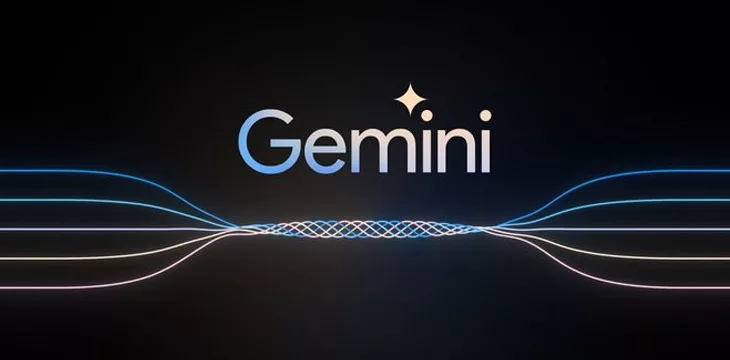|
Getting your Trinity Audio player ready...
|
Google (NASDAQ: GOOGL) has unveiled Gemini 1.0, which Google CEO Sundar Pichai describes as its “most capable and general AI model” to date.
Introducing Gemini 1.0, our most capable and general AI model yet. Built natively to be multimodal, it’s the first step in our Gemini-era of models. Gemini is optimized in three sizes – Ultra, Pro, and Nano
Gemini Ultra’s performance exceeds current state-of-the-art results on… pic.twitter.com/pzIw6iCPPN
— Sundar Pichai (@sundarpichai) December 6, 2023
Gemini is offered in three sizes—Ultra, Pro, and Nano—so it can run on everything from data centers (Ultra) to mobile devices (Nano). Google plans for the Gemini 1.0 rollout to take place in two phases. To kick off phase one, Google’s Bard will immediately integrate a specially tuned version of Gemini 1.0 called Gemini Pro, which focuses on enhanced reasoning, planning, and understanding. In 2024, Google will introduce its second phase, where Gemini Ultra will be implemented into what it will call “Bard Advanced.”
Is Bard better than ChatGPT?
Before launching their new AI Model, Google ran Gemini Pro through several industry-standard benchmarks. According to Google, Gemini Pro outperformed ChatGPT in six out of eight benchmarks, such as Massive Multitask Language Understanding (MMLU) and GSM8K, which evaluates grade school math reasoning.
Regardless of the testing and its results, there is still a significant divide in the artificial general intelligence (AGI) community, with many users having a preference regarding which company and chatbot they believe is superior for the tasks they wish to accomplish.
But even with users having personal preferences, Google’s Bard has one distinct advantage over other models on the market: it can access live internet through Google Search, which is superior to the free version of OpenAI’s ChatGPT, which only has knowledge of the world until April 2023.
Does it really need to be better?
But do you need to be the best to be the most successful? With 4.3 billion users globally, Google holds a dominant position in the tech landscape. If Google integrated Gemini into its suite of products, especially the widely-used Google Search, its AI model could instantly reach one billion users.
Earlier this year, we saw Meta (NASDAQ: META) execute a similar strategy when it launched Threads, a Twitter competitor, off the back of its 2 billion-user flagship product, Instagram.
Meta’s strategy of allowing Instagram users to seamlessly roll their IG accounts into new Threads accounts contributed to the product reaching its first million users in just a few hours, marking the fastest “1 million user” milestone achievement in tech history.

All eyes on AI
The announcement of Google’s Gemini 1.0 had an immediate impact on the company’s stock price, with Google shares increasing by roughly 5% the day after the announcement was made.
In the current market environment, any news related to positive or negative developments in the field of AI have fast effects on the value of companies, like when AMD (NASDAQ: AMD) announced its latest chips for AI and shortly afterward, the value of its largest competitor NVIDIA (NASDAQ: NVDA) began to drop.
At this point, consumers and investors have an appetite for AI products and services, and each group eagerly anticipates and acts on the information that could signal the next big opportunity in the evolving sector.
In order for artificial intelligence (AI) to work right within the law and thrive in the face of growing challenges, it needs to integrate an enterprise blockchain system that ensures data input quality and ownership—allowing it to keep data safe while also guaranteeing the immutability of data. Check out CoinGeek’s coverage on this emerging tech to learn more why Enterprise blockchain will be the backbone of AI.
Watch: Blockchain, AI & Web3 at B2029 Meetup in Berlin

 07-15-2025
07-15-2025 





